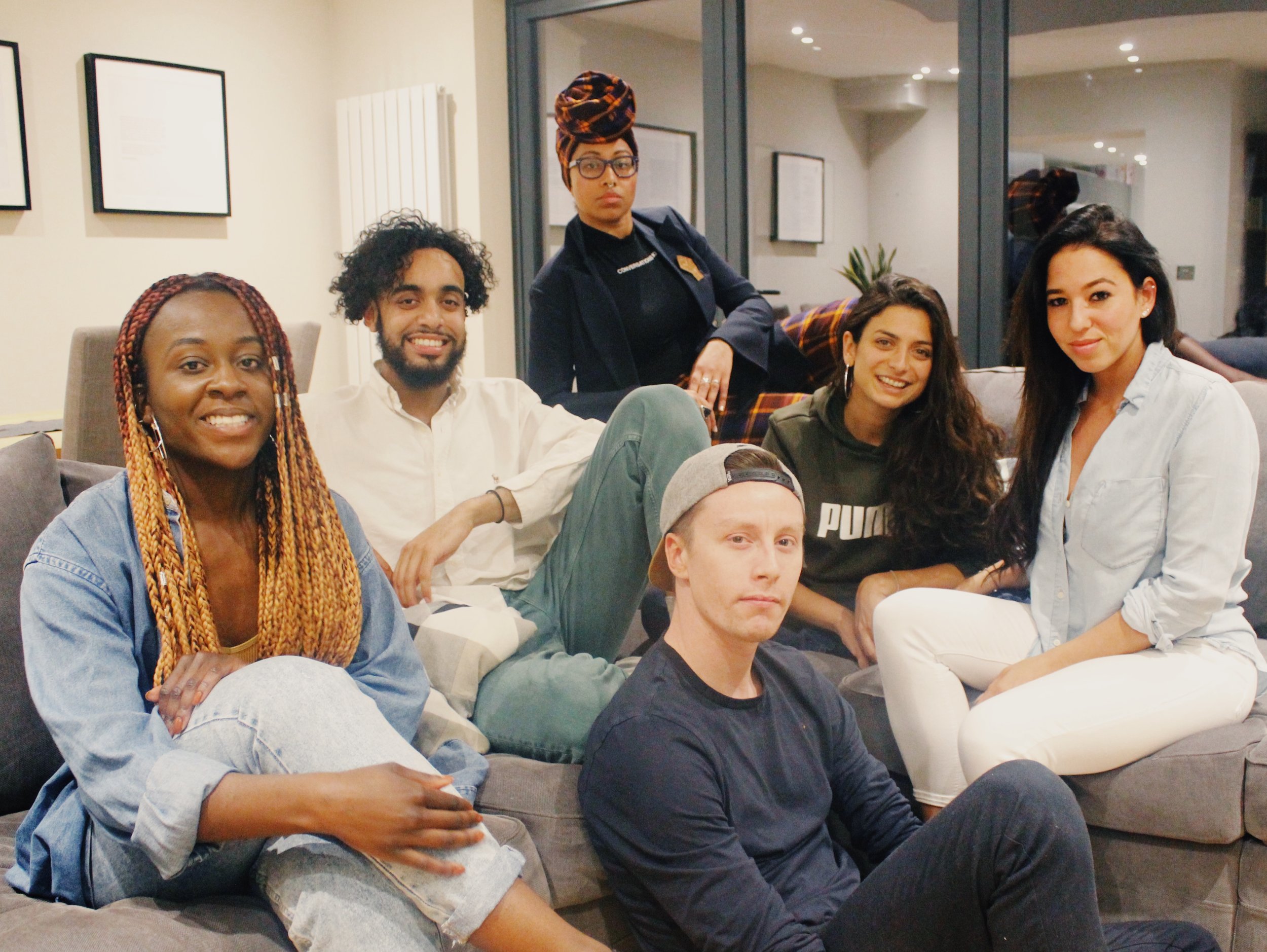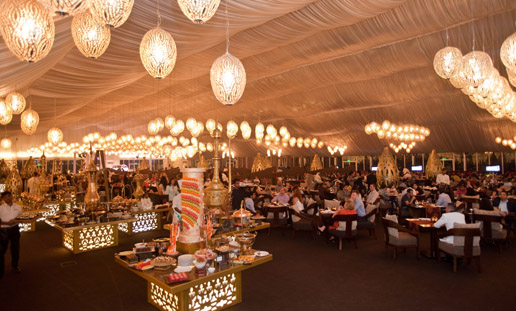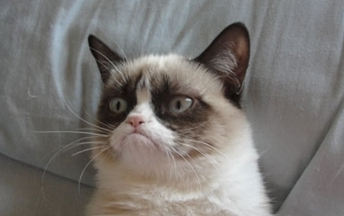Today was a ‘head down, do errands and writing’ kind of day. I don’t have too much to report beyond an interest in this idea called ‘The Right to Repair’.
I took a favourite dress to my local tailor today, as it had a small but growing tear in the armpit region (heard the lyrics put your hands up in the air and I followed those instructions a little too violently). I’ve started to get into the habit of repairing clothes more recently, either myself of at the tailors, in an effort to develop more sustainable clothing habits. It’s possible with clothes, but what I find fascinating is that many items that we purchase today aren’t necessarily designed to be repaired. Companies have been fined for what’s known as ‘planned obsolescence’, but the idea itself is wild: that companies may actually design objects in such a way that we would have to buy a new one once it breaks. Whether though software design (Apple and Samsung fined for slowing down old phones), or by physically manufacturing products that cannot be opened once they’re sealed, it’s not only a pernicious capitalistic act, but it’s terrible for the environment and also frankly robs little kids of the pleasure of taking things apart! it was one of my favourite pastimes as a child, taking things apart…
This movement, the ‘Right to Repair’, is taking off in the US, having recently been endorsed by the New York Times.
“Right-to-repair” is a bit of a misnomer. The owner of a device generally has the legal right to repair it. The issue is whether the manufacturer allows people and independent businesses to obtain the necessary information, tools and parts to do the repairs.
Clearly, the movement is picking up speed, gathering momentum. However, it’ll be interesting to see how it develops and whether regulation is brought into play that forces companies to allow consumers and independent businesses to make their own repairs. It’s not really in their financial interest, but it’s certainly in ours…
The other thought bubble that emerges is one around the right to repair algorithms and software. Bear with me on this —
The way machine learning currently works, you feed a bunch of data into a computer and it creates a program or algorithm from the patterns it finds in the data (this is a super oversimplified version of the process). What that means is that often we don’t know what is in the algorithm per se because it wasn’t designed by human beings - it isn’t necessarily in a language we can understand. As such, the ‘right to repair’ is a bit obscure - if you get an adverse output because of a machine learning algorithm (like, you get denied bail unfairly, you are screened out of a job process unfairly, you are denied financing unfairly etc), how does one fight for the ‘right to repair’ the result or outcome? Perhaps it’s better framed as a social justice challenge, but at the core it’s the same: manufacturers, designers, programmers denying individuals the ability to fix a problem because of it’s inherent design…
Food for thought. Holla if you have any ideas!
***
PS Look at this lovely review by Words of Colour on You Must Be Layla. I’m so honoured!
Award-winning activist, broadcaster and former mechanical engineer Yassmin Abdel-Magied makes a solid mark with her debut YA novel. A Sudanese-born Australian herself, there are parallels between Layla and Abdel-Magied’s life as she too grew up in Brisbane, was the first Muslim female student to wear a head scarf at her exclusive private school and, at 21, she was the only Sudanese-Australian Muslim woman working on an oil and gas rig. Being othered was part her experience in Australia, but there the similarities end.
Filled with Aussie, Irish and Jamaican slang, and a healthy sprinkle of Arabic terms, supported by a useful glossary at the back, the plot is pacy and Layla sparkles and crackles with verve, wit and gumption.
Abdel-Magied enthusiastically sweeps away outdated perceptions of who young Muslim girls are – and should be. Hugely likeable, it will not take long before you want Layla to be your best mate.
There are many laugh out loud moments, alongside a heart-stopping situation that reminds you of the invidious nature of racism and sexism. Although the storytelling isn’t complex or multi-layered, it is an important book for our times.
You Must Be Layla is an enjoyable and easy read, whether you are a 10 year old or a fun-loving adult.










